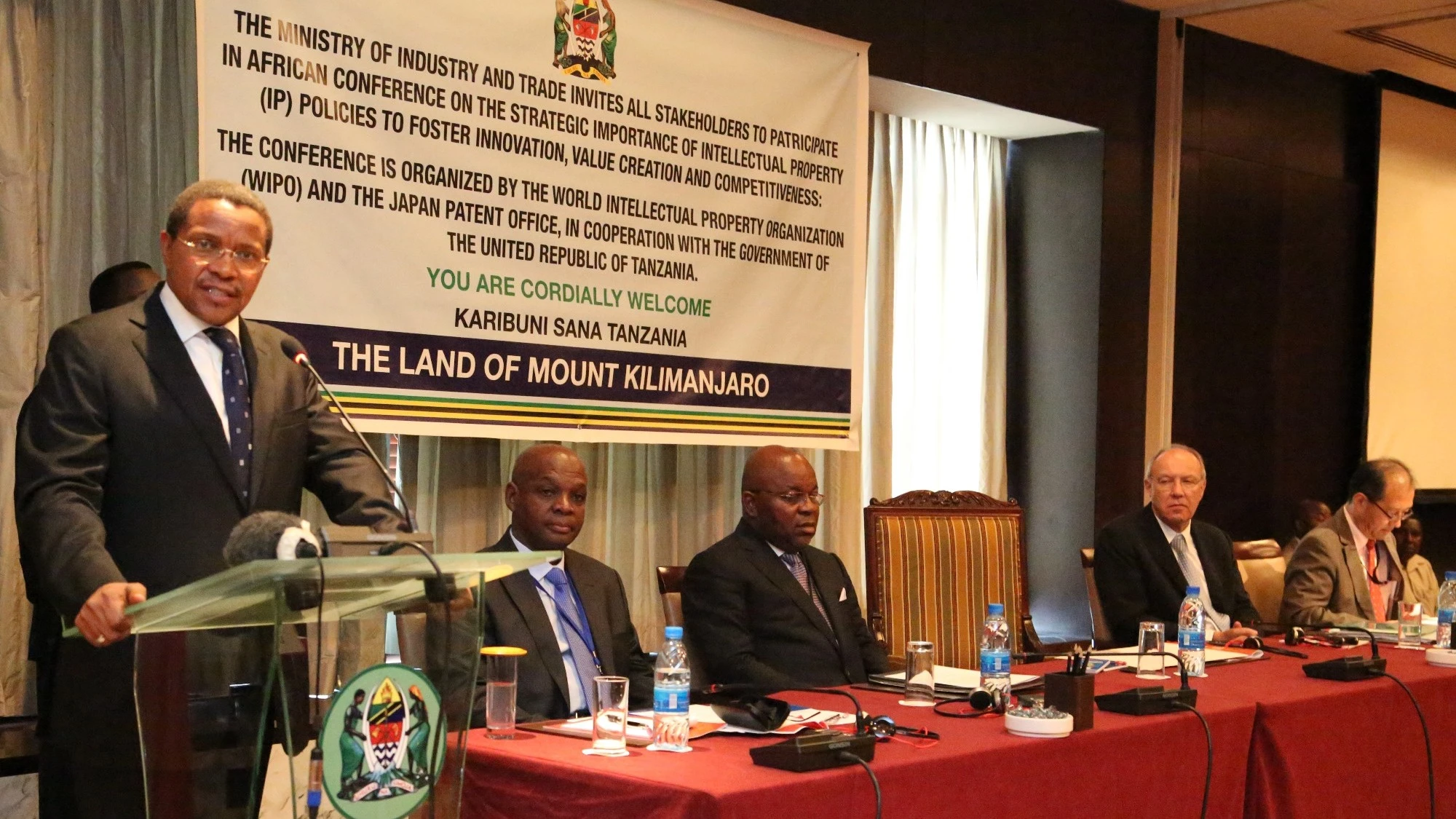Guarding your gold: Navigating the complex terrain of IP rights

INTELLECTUAL property (IP) is a crucial asset for businesses, encompassing trademarks, patents, copyrights, and trade secrets that bolster their competitive edge. Yet, unauthorized use or infringement of these rights can present substantial obstacles and hinder the success of the business.
This article provides an overview of legal remedies for intellectual property enforcement and litigation in Tanzania mainland and Zanzibar, helping businesses protect their rights and make informed decisions.
Understanding IP infringement
IP infringement occurs when an individual or entity wrongfully uses, duplicates, or exploits another party's protected intellectual property without permission. It is crucial for businesses to recognize various forms of infringement and safeguard their intellectual property assets.
Legal framework for IP enforcement
In Tanzania mainland and Zanzibar, the legal framework for intellectual property enforcement is established by laws such as the Trademarks Act, Copyright and Neighboring Rights Act, and Patents Act. These laws serve as the cornerstone for safeguarding and upholding intellectual property rights.
One available legal remedy is a cease and desist letter, an initial step in IP enforcement. It notifies the infringing party of their unauthorized use and demands them to stop the infringing activities. This serves as a warning and can frequently lead to resolution without the need for court intervention.
Injunctions
An injunction is a court order that prohibits the infringing party from engaging in further infringement activities. This legal remedy is an effective way to promptly halt the infringement and safeguard the intellectual property owner's rights.
Damages and compensation
IP owners can seek damages or compensation for the losses suffered due to the infringement. This may include actual damages, which reflect the actual financial harm caused, or statutory damages, which are predetermined amounts established by law.
Seizure and destruction
In some cases, the court may order the seizure and destruction of infringing goods or materials to prevent further harm and deter future infringement.
Enforcement through Litigation
Litigation is an option when other methods fail to resolve the IP dispute. It involves initiating a legal action in court to protect and enforce the IP rights. It is crucial to engage experienced IP lawyers who can navigate the complex legal procedures and present a strong case on your behalf.
Filing a complaint at the BRELA/BPRA registry
Preliminary investigation: Before initiating litigation, it is prudent to gather evidence and conduct a thorough investigation to substantiate your claims of IP infringement. This includes collecting relevant documents, records, and any other evidence that supports your case.
Filing the complaint: Once the preliminary investigation is complete, you can file a complaint with the BRELA/BPRA Registry, specifically the Intellectual Property Department. The complaint should include detailed information about the alleged infringement, supporting evidence, and a request for appropriate action.
Review and evaluation: The BRELA/BPRA registry will review the complaint and supporting evidence to assess its validity. They will evaluate whether the alleged infringement falls within their jurisdiction and determine the appropriate course of action.
Mediation and settlement: In some cases, the BRELA/BPRA registry may encourage parties to engage in mediation or settlement discussions to resolve the dispute amicably. Mediation involves the assistance of a neutral third party who facilitates negotiations between the parties, while settlement discussions allow direct communication between the parties. These alternative dispute resolution methods can lead to mutually satisfactory outcomes and help avoid protracted litigation.
Court proceedings
Filing a lawsuit: If mediation or settlement attempts are unsuccessful, the next step is to file a lawsuit in a court with competent jurisdiction. The choice of court depends on various factors, such as the type of IP right infringed, the location of the infringing activity, and the territorial jurisdiction of the court.
Gathering evidence: Prior to the court proceedings, it is crucial to gather and organize all relevant evidence to support your claims of IP infringement. This may include documentation, witness statements, expert opinions, or any other pertinent information that strengthens your case.
Trial and judgment: The court will schedule hearings where both parties present their arguments and evidence. The judge will evaluate the evidence presented and render a judgment based on the merits of the case. The judgment may include injunctions, damages, and any other appropriate remedies to address the infringement.
Enforcement of court orders: Once a favorable judgment is obtained, it is essential to enforce the court's orders to effectively stop the infringing activities and secure appropriate remedies. The enforcement process may involve working closely with law enforcement agencies, customs authorities, or other relevant entities to ensure compliance with the court's orders.
Therefore, protecting your IP rights is vital for maintaining a competitive edge in the market. Understanding the legal remedies available for IP enforcement and litigation in Tanzania and Zanzibar empowers businesses to take appropriate actions against infringers.
By seeking legal assistance from knowledgeable IP lawyers, businesses can navigate the legal landscape and protect their valuable intellectual property assets.
Ruwaida Manji is an Associate Corporate at Rive & Co, a law firm known for its commitment to trust, credibility, and innovation in providing top-tier legal services. This article is for informational purposes only. For personalized legal advice, consult a qualified professional.
Top Headlines
© 2024 IPPMEDIA.COM. ALL RIGHTS RESERVED

























